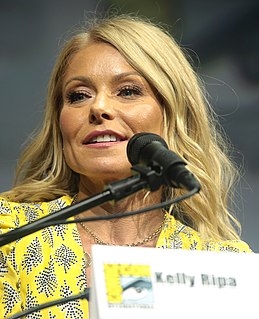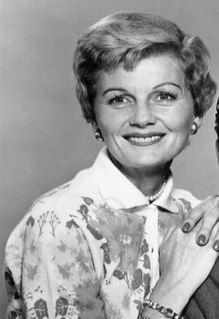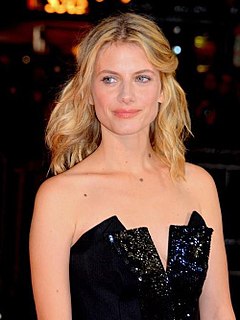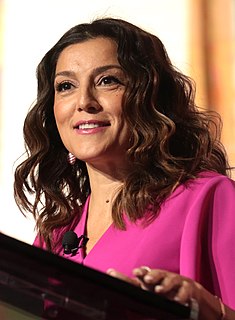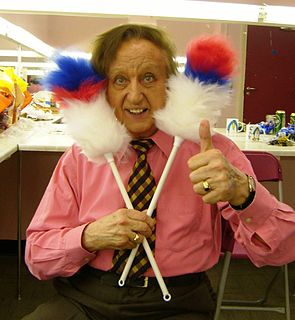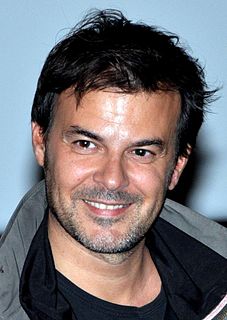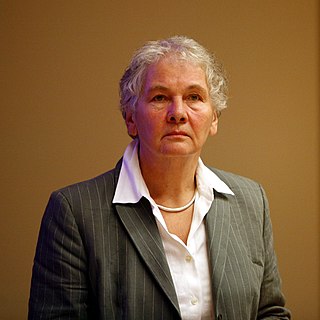A Quote by Kelly Ripa
I had a picture-perfect childhood. My parents were like June and Ward Cleaver; there was nothing dysfunctional about them.
Related Quotes
Between the time I was 16 until I was about 20, the books I read were by people like Thomas Mann, James Baldwin, Thom Gunn, Elizabeth Bishop. All gay, of course, although I swear I didn't know that at the time. Yet all of them, it turned out, had had a parent who died during their childhood. Sexuality is nothing compared to that.
I had in mind a case close to my family, friends of my parents, who seemed to be the perfect bourgeois family, and a young boy, who when he was 17, committed suicide. It was such a shock. The parents didn't understand. Nobody understood why he did that. Everybody was exploring his life, trying to understand what the problem was. Everybody had a feeling that this guy had the perfect life: he was beautiful, he was clever... but he did that. I had that in mind, about Isabelle in Young and Beautiful, for the parents to see adolescents like aliens.
My childhood was bittersweet in many ways. We moved around a lot. By the time I was 10, I had travelled thousands of miles, often on my own. My parents were like my friends, so it felt like I didn't really have parents at all. But in a crazy way that was very liberating. It forced me to be independent, maybe a leader, and certainly a survivor.
My parents never referenced Ethiopia that much, largely because of the circumstances under which we left. We left during a time of political upheaval, and there was a lot of loss that came with that, so my parents were reluctant to talk about those things. So I had, by and large, an American childhood.
My childhood was epitomized by my parents who were uneducated but had a doctorate in love. My dad pressed coats and through my mom and dad I learned about love, family and respecting people. They never went to high school but they had within them every element that makes a great American. They had pride and a great work ethic and they knew how to do things the right way.
